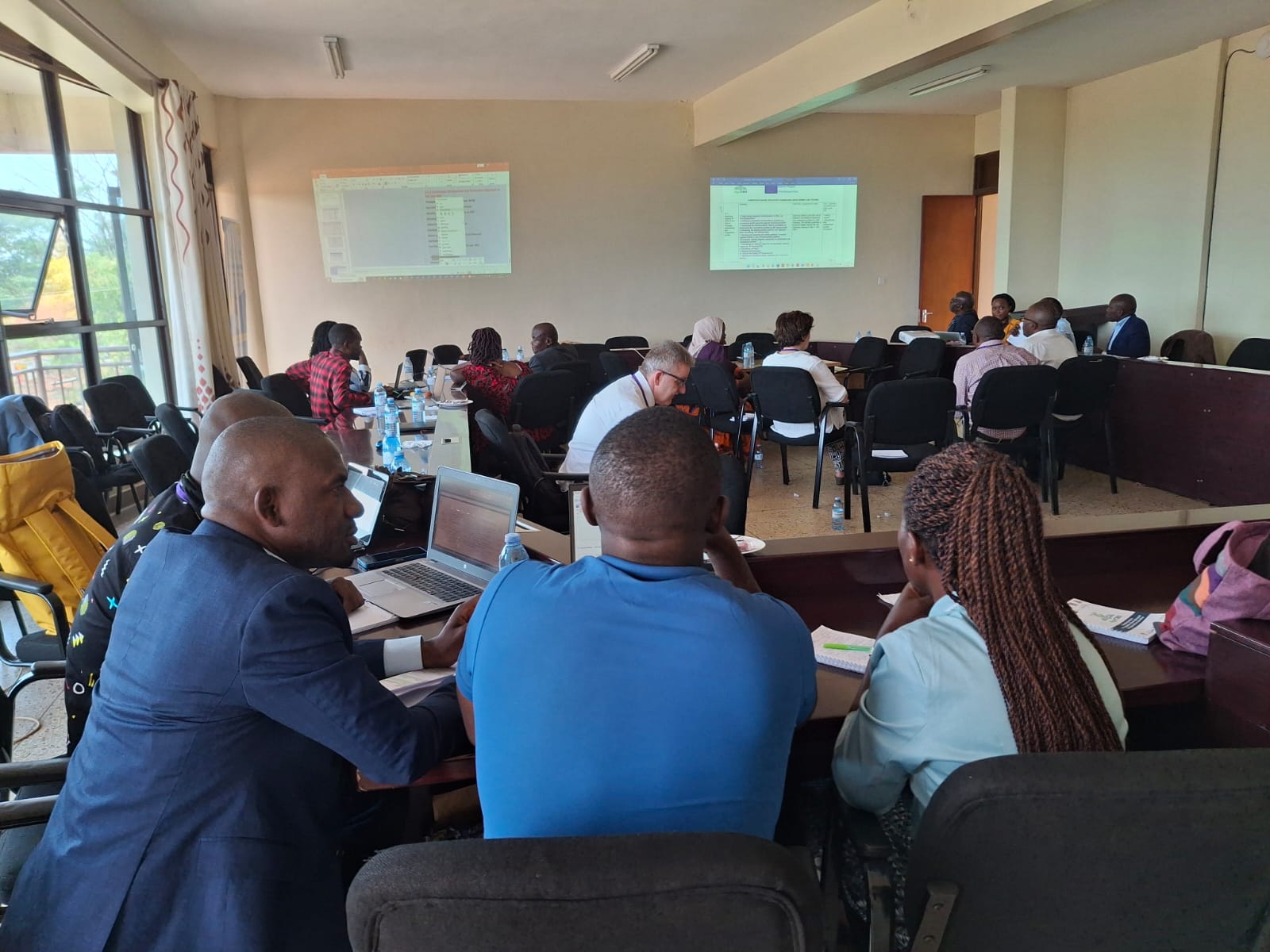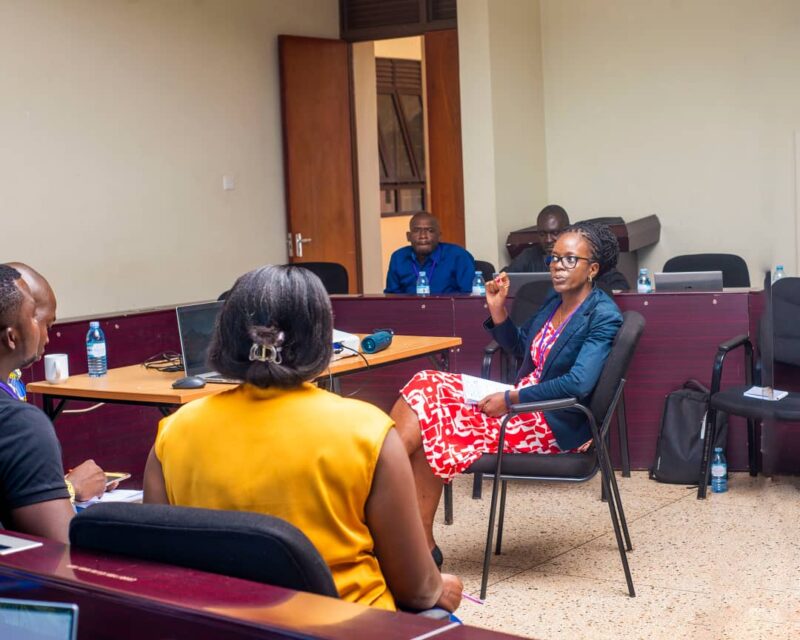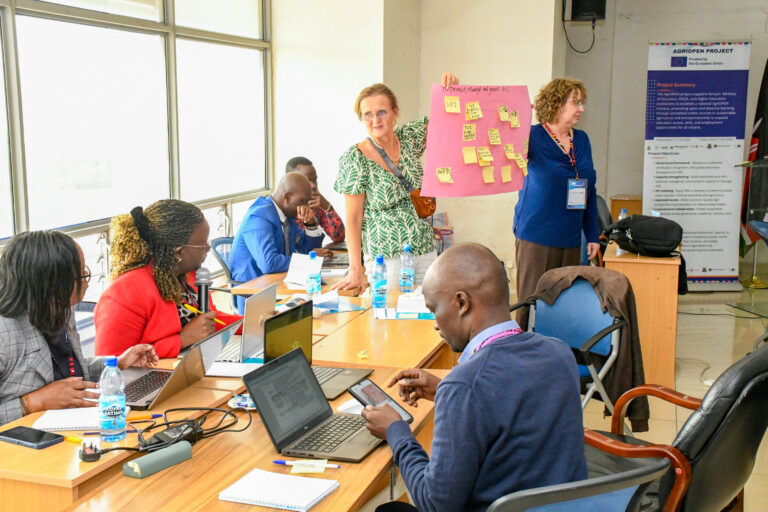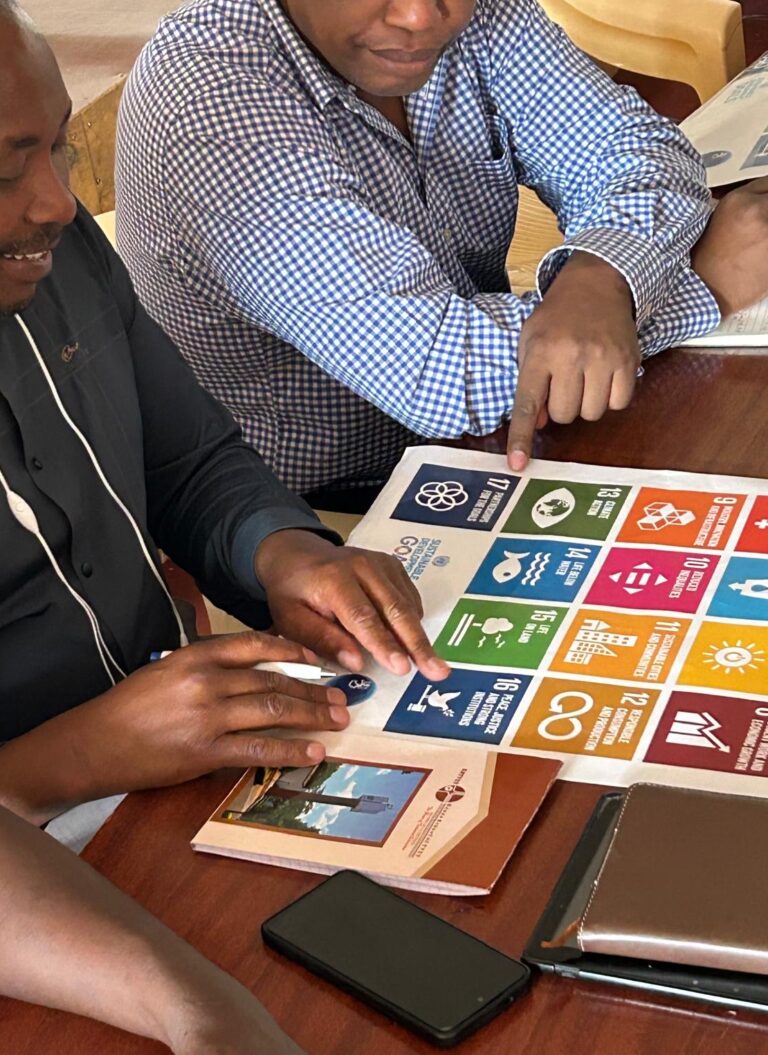HAMK Partners in System-Level Development of Competence-Based Education Reform in Kenya and Uganda


Education in Kenya and Uganda is undergoing reform through the introduction of competence-based education (CBE). The reform has already begun in basic education and is gradually moving towards higher education and universities. HAMK and its partners will support the national education authorities in guiding and facilitating the implementation of CBE.
The reform is built on three key elements. First, the curriculum is designed to reflect the knowledge and skills required in working life. The shift to competence-based education in higher education requires strong institutional support and capacity building. In Kenya and Uganda, the National Councils of Higher Education (NCHE) and Ministries of Education play a key role in regulating, accrediting, and guiding Higher Education Institutions (HEI). To fulfill this mandate, program assessors at these commissions need guidelines and frameworks to evaluate and accredit revised CBE curricula.
Secondly, teaching methods are revised and further developed to support students in actively building their own knowledge and skills. In order to achieve this HAMK and our RUN-EU partner, NHL Stenden, will provide several trainings to build the internal capacities of the higher education commission, ministries and HEIs to be able to plan and implement competence-based education in Kenya and Uganda. In addition a total of at least 10 master trainers will be trained to pave the way for wider implementation of CBE in Uganda and Kenya . Thus, we create continuity for the project.
In addition, we will co-develop, pilot and test the new tools, processes and methods with our Kenyan and Ugandan university partners to ensure they are relevant and functional within each country’s specific operational context. We are very pleased to see our partner agricultural universities continuing to play an active role in advancing system-level development in cooperation with national authorities .
Eija Laitinen, Principal Research Scientist, HAMK Bio
Thirdly the learning environments are designed to connect education with real-world contexts. This allows students to learn in authentic settings and at the same time build networks for their future careers and strengthen their entrepreneurial skills alongside work-related competencies. By aligning workforce training with the needs of modern working life, the project ensures long-term adaptability and success in a rapidly changing world of work.
Numbers Show Strong Interest in Implementation of Competence-Based Education
The first training of AgrCBE, “Formulating Professional and Competence Profiles for Competence Based Education”, exceeded expectations, with 229 registrants – more than double the original target. Most participants (65 %) came from project consortium universities in Uganda and Kenya but the growing reach of 35 % underscores the broader impact and potential for upscaling beyond the consortium . Additionally, the high number of female registrants was a particularly positive and encouraging observation.
A key factor enabling such many participants was the online training format, which made the training more accessible. NHL Stenden played a crucial role in delivering virtual training, demonstrating the effectiveness of digital learning in fostering capacity building across regions.
The AgrCBE project focuses on empowering individuals by developing an education system that provides them with essential skills. These skills enhance their employability and meet the demands of the agriculture and food industries. By equipping people with practical knowledge, they can actively contribute to the social, economic, and environmental well-being of communities in Kenya and Uganda. At its core, the project emphasizes personal development as a key driver for broader societal transformation. This approach helps strengthen the competitiveness and overall well-being of their local communities, creating a lasting positive change.

Overview
Name: Enhancing Adoption of Competence Based Agricultural curricula in HEIs in East Africa (AgrCBE)
Funding: European Union (Erasmus+ CBHE)
Duration: 1 November 2024–31 October 2027
Budget: 1 079 380 eur
Target groups: The higher education commissions and regulators in Kenya and Uganda who are responsible for overseeing the transition as well as the staff and students in partner Institutions.
Partners: Häme University of Applied Sciences (Finland), Inter University Council for East Africa (Kenya), NHL Stenden University of Applied Sciences (Netherlands)
Beneficiaries: Jomo Kenyatta University of Agriculture and Technology (Kenya), Egerton University (Kenya), The Commission for Higher Education (Kenya), Gulu University (Uganda, Coordinating Institution), Bishop Stuart University (Uganda), National Council for Higher Education (Uganda)
More information





